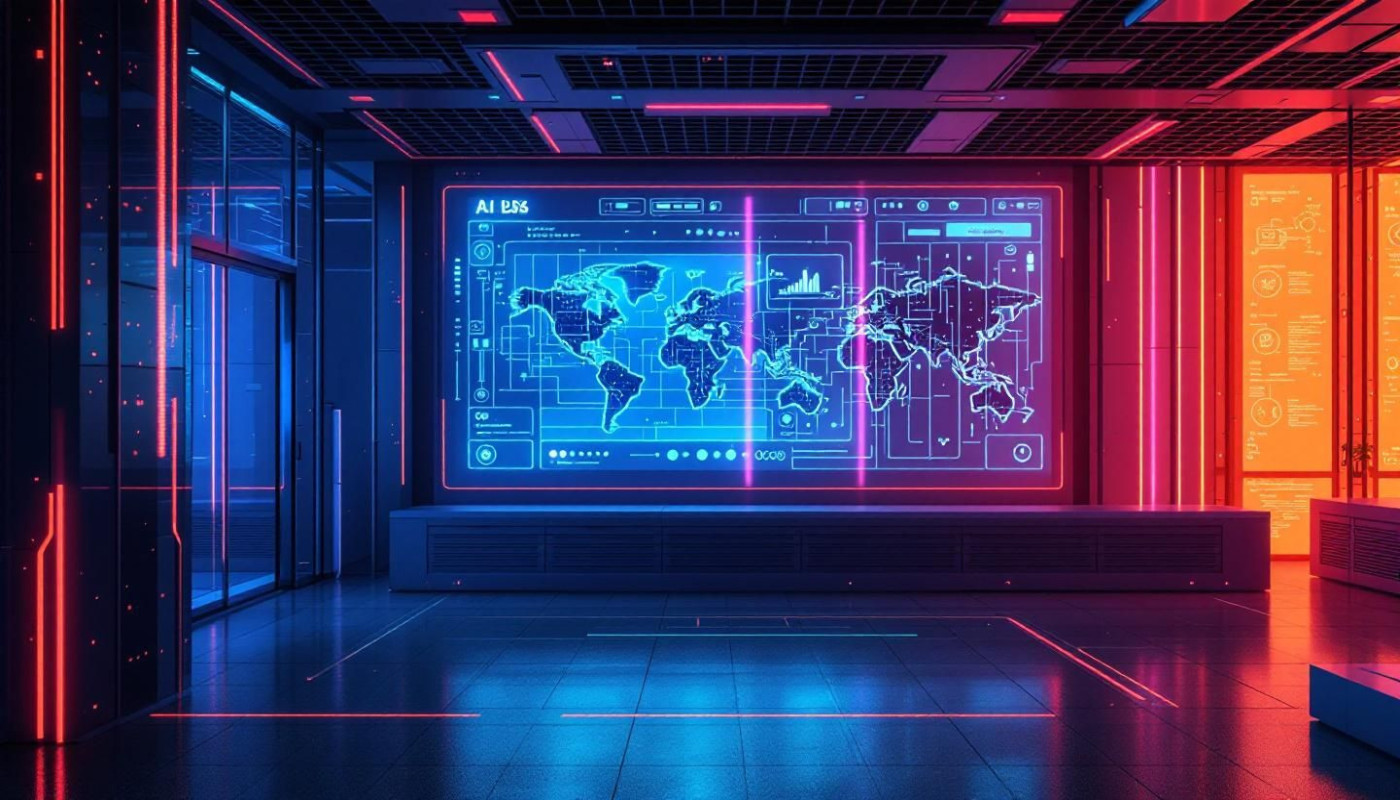Table of contents
In a world where the internet has become an integral part of our daily lives, the concept of decentralized web is gaining momentum. As more and more individuals, businesses, and governments have come to rely on online services for various activities – ranging from communication, commerce, education to entertainment – issues related to privacy, security and control over data are increasingly coming into focus. This emerging paradigm shift towards a decentralized web promises not only improved privacy and security but also democratizes the power dynamics in this digital realm. Understandably though, still being new it can be difficult to comprehend its implications fully - however essential it may be for shaping our future online experiences.
The Concept Behind Decentralized Web
Unraveling the term 'Decentralized Web' is the first indispensable step towards envisioning the transformation that our online experience is poised to undergo. The Decentralized Web or Web 3.0, as it is synonymously referred to, is an innovative concept that advocates for a shift from centralized servers to distributed networks. The primary objective behind this transformation is to foster an internet environment that champions user privacy and data ownership.
The current internet infrastructure heavily relies on centralized servers to store, manage, and distribute data. This traditional setup has increasingly raised concerns about privacy, security, and susceptibility to censorship. Hence, the need for a decentralized internet - one that operates on distributed networks. These networks function based on the blockchain technology, which is a public ledger of all transactions executed, thereby promoting transparency.
Blockchain technology plays an instrumental part in internet diversification. By enabling peer-to-peer interactions, blockchain technology eliminates the need for middlemen or centralized data hubs. This characteristic is invaluable as it generates a system where users have direct control over their data, a feature that is presently lacking in the internet era. This technology serves as the backbone of the Decentralized Web, paving the way for a more secure, private, and censorship-resistant online experience.
In conclusion, by understanding the Decentralized Web definition and the importance of decentralization on the internet, we can begin to comprehend the potential seismic shifts that our online world may soon experience. The role of blockchain technology in internet diversification not only promises an enhanced user experience but also signifies an essential step forward in reclaiming our digital rights.
Privacy Enhancements Through Decentralization
One of the significant advantages offered by the decentralized web is the enhanced protection of personal data. The architecture of decentralized networks, coupled with features like End-to-End Encryption, guarantees robust security against data breaches, a rampant issue in the current digital landscape. Furthermore, the decentralized web presents a formidable defense against corporations aiming to exploit user data, a practice that has become increasingly prevalent with the rise of social media and search engines.
More so, the Privacy Benefits of Decentralized Web extend beyond mere data protection. With no centralized authority holding sway, users have greater control over their personal information. The privacy paradigm shifts from the hands of corporations to the rightful owners - the users. This shift not only protects the data from potential hackers and corporate misuse, but also empowers users to decide who can access their information and under what conditions.
In protecting personal data online, the role of decentralized networks cannot be overstated. They offer a robust mechanism that ensures user data remains inaccessible to unauthorized entities. Thus, the decentralized web is not just a technological advancement, but a significant step towards a more secure and user-centric digital experience.
Power Dynamics and Data Ownership in a Decentralized System
The issue of data ownership has become a critical challenge in the age of digital information. With the rise of the decentralized web, there is potential for a significant shift in power dynamics, allowing users to regain control over their personal data. This concept, also known as "Data Sovereignty", advocates for the principle that people should have authority over their own information, including the ability to determine where their data is stored and how it is shared.
The decentralized web could furthermore promote "Data Portability", which is the ability for users to move their information from one service to another without hindrance. This is a significant step towards diversifying the internet and redefining digital ownership. As a result, users might no longer be solely dependent on a single platform or service provider for their online activities, leading to a more balanced and user-centric online experience.
In this context, the decentralized web could potentially reshape our online experience by shifting the power back to the users. This shift in power dynamics could establish a new standard for data ownership and control, ultimately allowing users to decide the terms of their online presence. This is a profound departure from the current centralized model, where a few large corporations hold monopoly over user data. The decentralized web, therefore, represents a promising future for digital rights and user autonomy in the online realm.
Economic Implications Of The New Paradigm
In examining the transformative impact of a decentralized web, it's vital to consider the potential economic repercussions. This ground-breaking shift is not only modifying how we interact online, but also altering economic systems with Blockchain technology. It is fostering the creation of innovative business models, operating on the tenets of fairness and equity. A pivotal aspect is the concept of "smart contracts", which are self-executing contracts with the terms of the agreement directly written into code. This allows for peer to peer transactions to occur without the need for intermediaries, thereby eliminating unnecessary fees. Thus, this new paradigm enables a fairer redistribution of value, providing fair compensation for content creators.
Furthermore, the decentralized web is promoting the use of "cryptocurrency", a digital or virtual form of currency that uses cryptography for security. This offers a level of financial autonomy and privacy unattainable with traditional monetary systems. Beyond serving as a medium of exchange, cryptocurrencies play a key role in incentivizing network participation and content creation. Hence, the decentralized web is not only reshaping our online experiences but also paving the way for a more equitable and efficient economic landscape.
Similar

Exploring The Future Of Companionship With AI

Exploring The Future Of Automated Infrastructure Management Platforms

Exploring The Benefits Of Free AI-powered Chatbots For Businesses

How Integrating A Chatbot Boosts E-commerce Customer Engagement

Exploring The Impact Of AI Detection On Content Authenticity

Internet of Things: Driving the Future of Smart Cities

